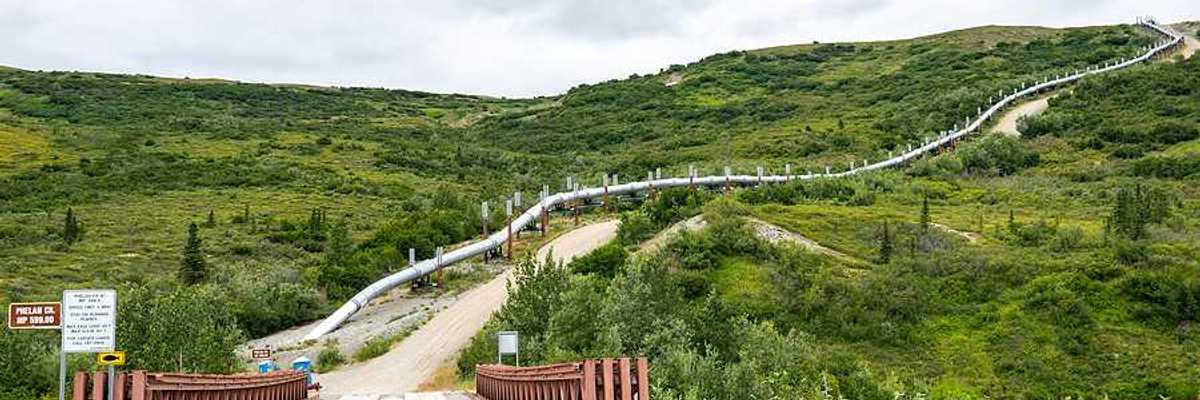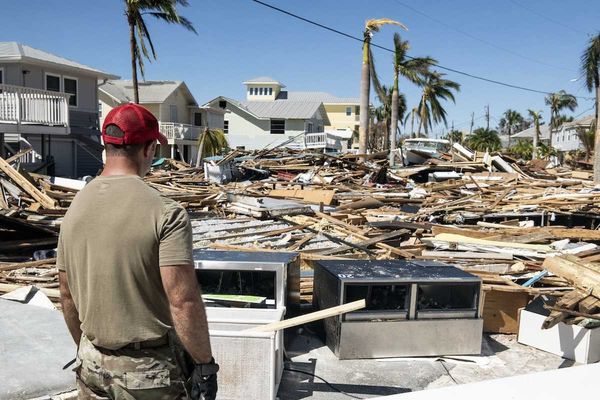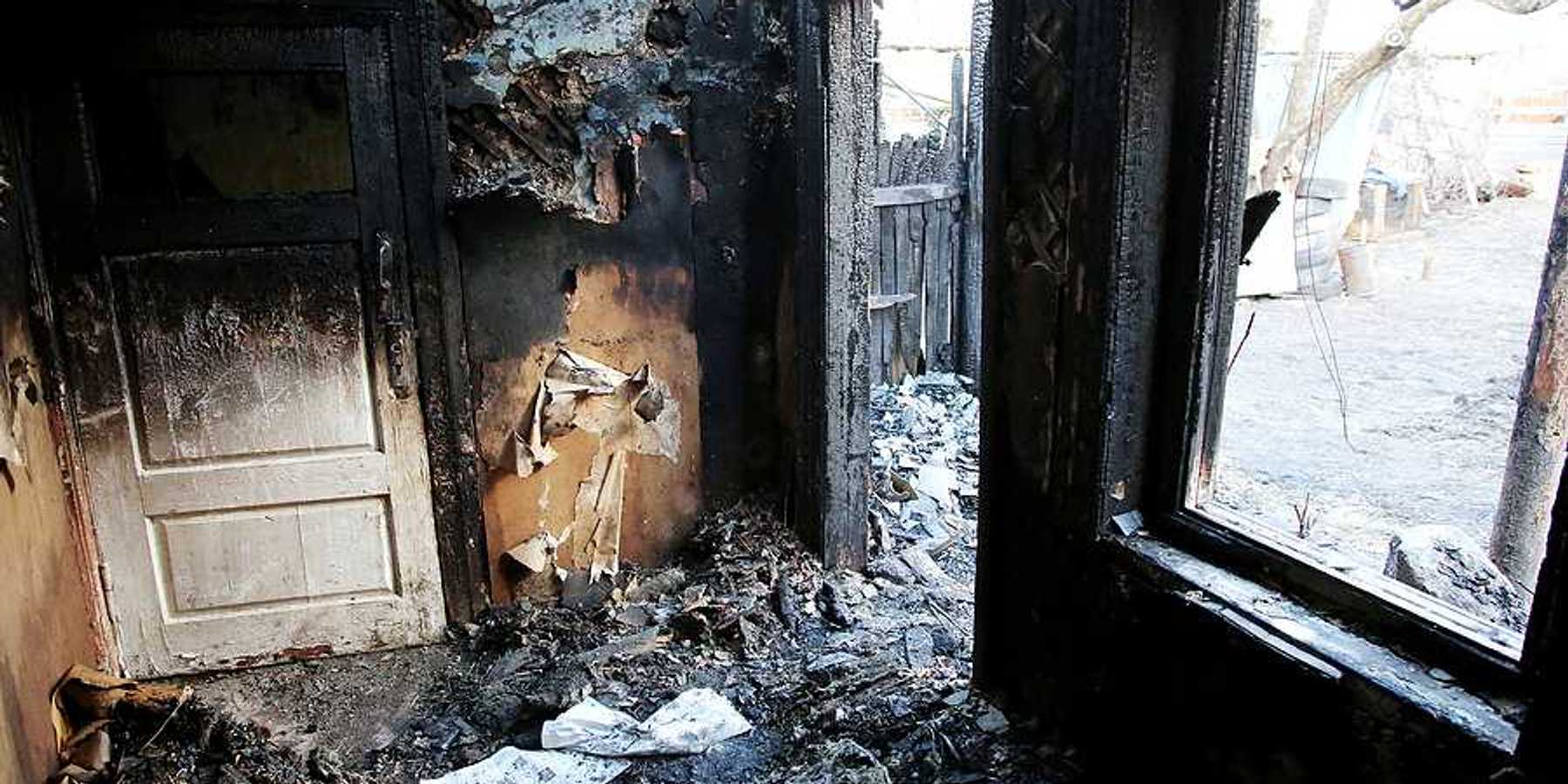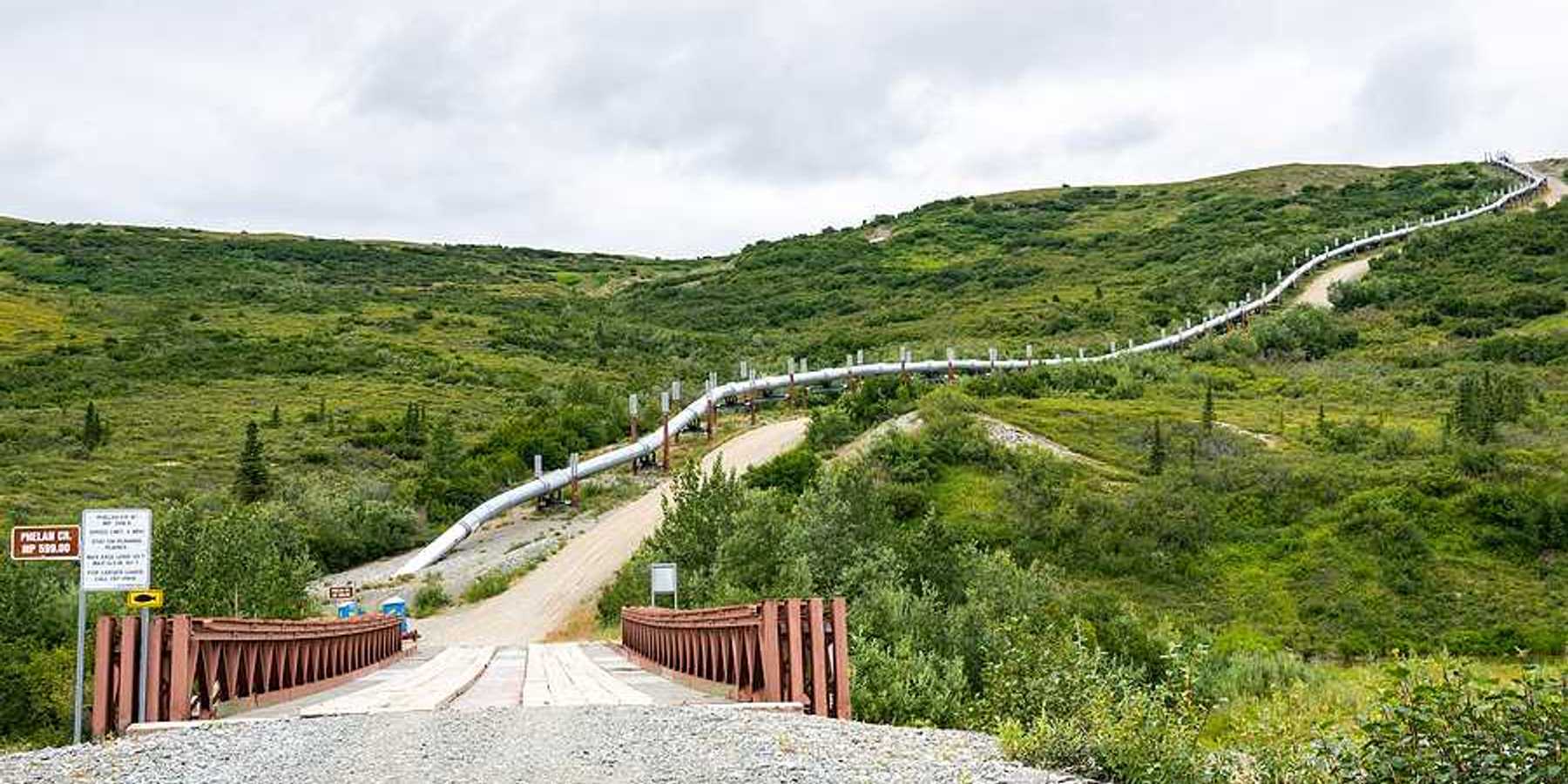mental health
Newsletter
Credit: Giovanni Mammano/Unsplash
Europeans’ ‘psychological bias’ to climate change risks slowing down progress, warns study
A new analysis of global research suggests most people believe climate change will affect others more than themselves, a cognitive bias scientists say could slow climate action.
Credit: Photo by David Sterphone)/Florida National Guard https://www.flickr.com/photos/thenationalguard/ Creative Commons https://creativecommons.org/licenses/by/2.0/
Disaster survivors denounce proposed FEMA downsizing
A leaked report recommends halving the size of the nation’s disaster response agency, while holding states responsible for a much larger share of response and recovery costs.
Credit: https://www.flickr.com/photos/akdotpf/ Creative Commons: https://creativecommons.org/licenses/by/4.0/
An Alaskan village confronts its changing climate: Rebuild or relocate?
After a devastating storm, the people who fled a remote coastal village face an existential question.
Credit: Vitalii Khodzinskyi/Unsplash
‘It fully changed my life!’ How young rewilders transformed a farm – and began a movement
At Maple Farm, nature is returning in droves: nightingales, grass snakes, slowworms, bats and insects. All due to the vision of a group determined to accelerate its recovery.
Credit: Photo by David Sterphone)/Florida National Guard https://www.flickr.com/photos/thenationalguard/ Creative Commons https://creativecommons.org/licenses/by/2.0/
The hidden devastation of hurricanes
Their health effects extend far beyond official death tolls.
Credit: Vince Fleming/Unsplash
The last frontier of empathy: why we still struggle to see ourselves as animals
Champions of exceptionalism say humans hold a unique moral status. Yet there’s only one species recklessly destroying the planet it needs to survive.
Credit: Robin Edqvist/Unsplash
Is ‘imagination activism’ the antidote to climate doom we’ve been looking for?
A new exhibition in Rio de Janeiro, Brazil, asks, what if the most radical climate tool isn't technology, but the ability to dream?
ORIGINAL REPORTING
MOST POPULAR
CLIMATE















